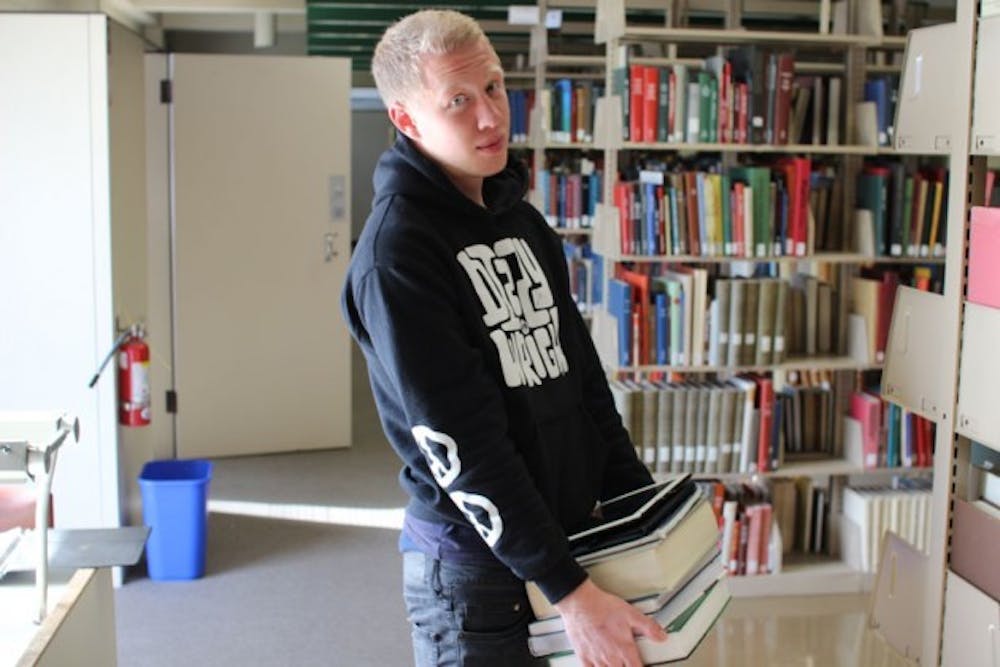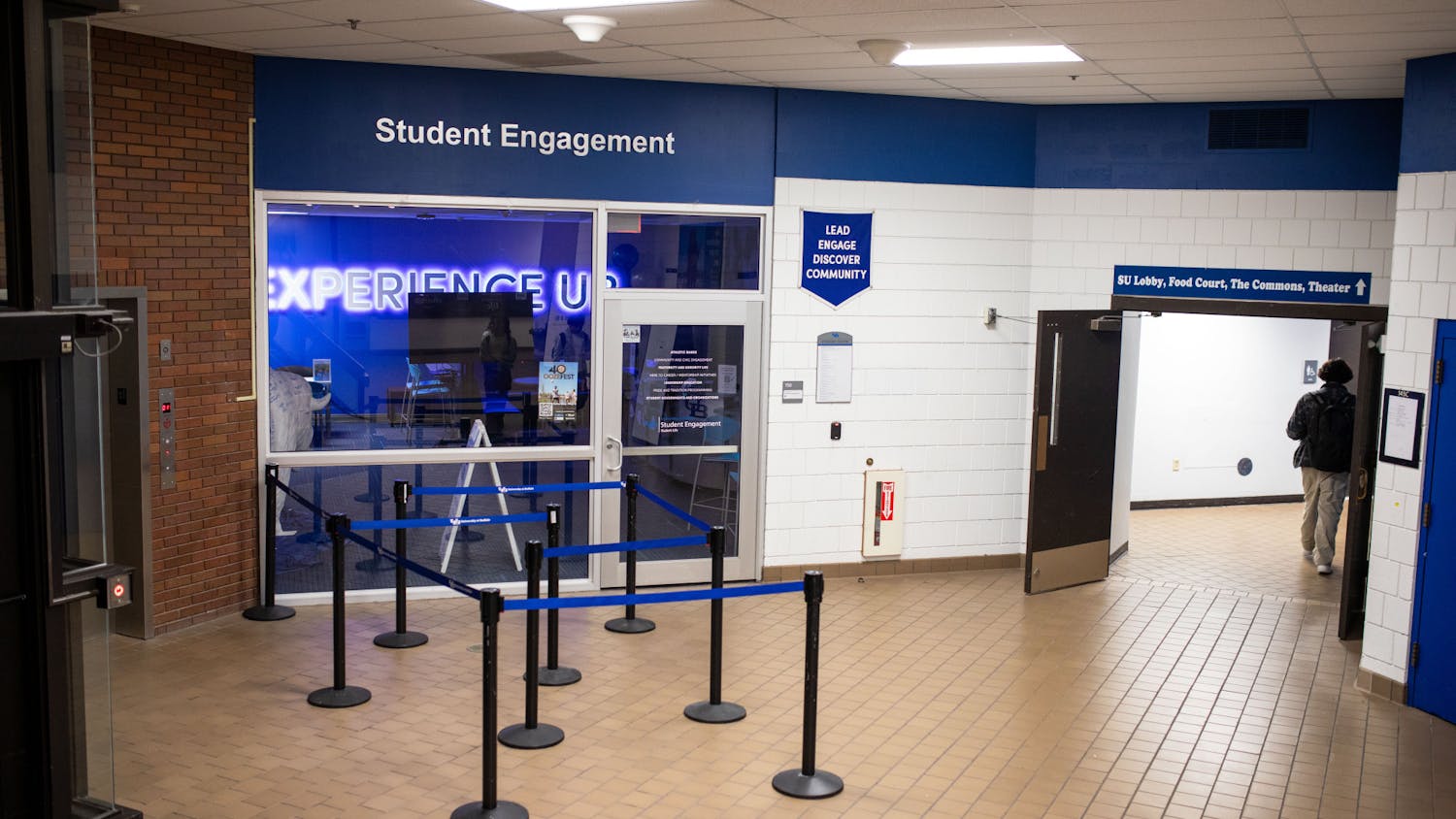As a freshman undecided major, Seth Jeffrey finds his interests lie in engineering, business and psychology. Jeffrey, however, does not know if he is interested enough in those subjects to pursue a career in any of them.
Students like Jeffrey say choosing to not pick a major enriches the college experience. Jeffrey’s decision to not declare has left him time to explore to decide is career path, he said. And UB students have a lot to choose from – about 100 bachelor programs. At some universities, like University of Michigan, the number is more than doubled. That leaves students with a lot of choices and a big decision that will likely declare their career path.
“I am investing time, money and effort in my college education, so I just want to choose a career that fits best to my skills and interests,” Jeffrey said.
He feels taking classes in a large range of subjects will help in choosing a career path.
Rahul Gunukula, a freshman computer science major, said regardless of his technical intended field of study, he still considers himself undecided.
“I just want to pick a major that I am passionate about,” he said.
Gunukula, like Jeffrey, is taking a variety of classes because he knows that he will likely change majors. Gunukula, however, wanted more guidance and went to his adviser for help.
UB has resources like Student Advising Services to help students who are undecided, intended engineering, pre-health or pre-law tracks create an academic plan for their college careers, according to its website.
Student Advising Services meets with students individually to discuss their interests and strengths, said Jacqueline Hollins, assistant provost and director of Academic Advisement.
“This helps us to assist students with identifying potential academic majors and possible career paths that may be a good fit,” Hollins said.
Students are also encouraged to talk to Career Services for a more in-depth assessment of what careers students are interested in.
“Career Services assists students in this exploration through the completion and analysis of assessments offered [My Plan and other assessments,] one-on-one Career Counseling appointments where a student can discuss their skills, interests and their values and how that information might inform their choices,” said Arlene Kaukus, director of Career Services.
She said the office also connects students with alumni resources that can help build careers and major choices based on an alum’s experience in the same or similar career field.
Carmen Cibella, a senior English major, recognizes SAS and Career Services can help students, but said their services can only go so far, especially for his interest in film.
When Cibella decided to switch out of UB’s engineering program, he met with his academic adviser and picked which majors were interesting to him.
Ultimately, Cibella chose to study English.
“Since I changed my major, I feel more motivated,” he said. “Every day I feel like I’m learning something new that I can use in life and when I’m making my films.”
As an engineering major, Cibella said he didn’t care about his grades or classes because as an engineer, he would be able find a job. Now, Cibella strives to get all A’s and is taking 23 credits. He plans on pursuing his master’s in film.
Cibella changed his major twice before choosing English.
“I wish I got into English and film earlier,” he said. “I wish I decided if I wanted a stable, good job or do something I’m passionate about.”
Students finding their own passion is a personal process, said Nancy Onyeke, a freshman undecided major. She said students have to take more time assessing what they are interested in before talking to an adviser or consulting campus resources.
“I think I just prefer to move forward on my own until I understand what I really want,” Onyeke said.
She said she was considering chemical engineering at first, but realized she is not interested in the field after taking a chemistry class.
Onyeke is now considering occupational therapy. She said a key factor in her decision was that she wanted to help people who have disabilities and daily struggles without going directly into the field of medicine.
Ivory Sligh, a junior international studies major, consulted her father and Hollins when she considered changing her major.
Sligh came to UB as an undecided major, but during her sophomore year, her father advised her to study business administration.
“My father said that I can do anything with a business degree, but I didn’t like it,” she said.
Sligh continued to study business administration, even though she didn’t have a passion for business.
“I emailed [Hollins] throughout the summer and we came to the conclusion that I should switch my major,” Sligh said. “Jackie said that if I wasn’t loving [business administration] now, I probably wouldn’t love it in the higher classes.”
Students need to devote time to find out more about each career path and whether it might be a fit for them, according to Jeffery.
Sligh said students should enter college undecided if they are unsure of their interests, because it gives them the opportunity to explore more of what the university has to offer.
email: news@ubspectrum.com





